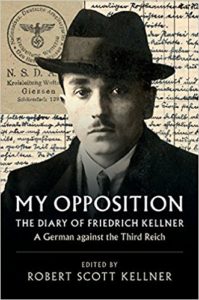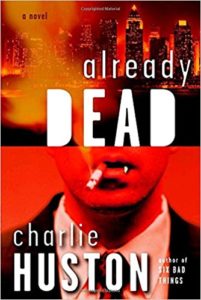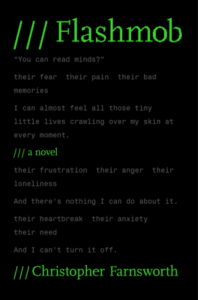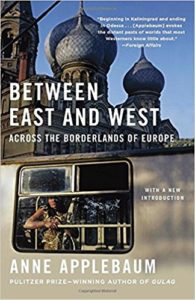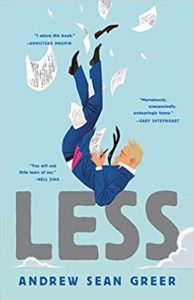When a friend told me she was reading Susan Cheever’s book American Bloomsbury about Emerson and his circle in Concord, I was intrigued, because I’d read Cheever’s memoir about her father John Cheever years ago and had lost track of her career after that.
I went to Amazon, but was drawn to Cheever’s Louisa May Alcott biography instead. I didn’t know much about Alcott and I’m a huge fan of biographies (I have several hundred in my library). The book grabbed me based on the sample because it revealed that Alcott didn’t want to write her famous novel Little Women — her editor pushed her to.
What a great hook.
When the book arrived, though, I gradually discovered it was awful. I hadn’t bothered reading the thoughtful critiques on Amazon — I learned its varied faults myself (reviews of Cheever’s American Bloomsbury are even more scathing and more numerous).
Cheever’s assessment of Alcott is marred by trivialities. You learn that Alcott once dropped a pie box in Boston and it tipped “end over end.” Alcott was teased by Oliver Wendell Holmes, Sr. about her height. In Boston, she had hyacinths in a window box. None of these details–and more just as inane–add to an understanding of Alcott’s life or writing.
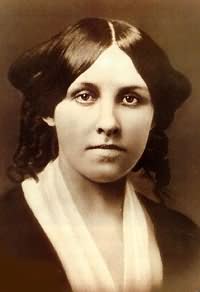 Cheever’s prose can also be gag-worthy: “Death is a mystery, but life is filled with light and clarity.” Then there are dubious assertions like “good writing is almost always subversive.”
Cheever’s prose can also be gag-worthy: “Death is a mystery, but life is filled with light and clarity.” Then there are dubious assertions like “good writing is almost always subversive.”
She also claims that the Transcendentalists in Concord “essentially created American literature as we know it.” But the first two American authors to be international best sellers, Washington Irving and James Fenimore Cooper, got there before Emerson and company, and they had an enormous influence on major authors like Poe, Melville, and Hawthorne. Perhaps to hedge her bets, Cheever loves mentioning Hawthorne as often as possible, but he was peripheral to the Concord crew and mocked them in his novel The Blithedale Romance.
Cheever misrepresents Alcott’s relationship with Henry James and basically gives Alcott credit for more books of his than you can imagine. Without her, we apparently wouldn’t have The Portrait of a Lady, Daisy Miller, The Bostonians or any of his books with a young woman character. They were also good friends, Cheever says, despite every major James biography I’ve read which barely mentions Alcott — and Cheever doesn’t offer any proof of this supposed relationship.
Sadly, Publishers Weekly gave the book an attention-getting starred review and called it “authoritative.” Somebody at PW didn’t do homework.
Why did I keep reading? Morbid curiosity. That’s right: I couldn’t believe how badly written, badly researched, and badly edited a book by a well-known author could be. In the end, it had a kind of freakish charm.
Lev Raphael books is the author of The Edith Wharton Murders and 24 other books of fiction and non-fiction.

